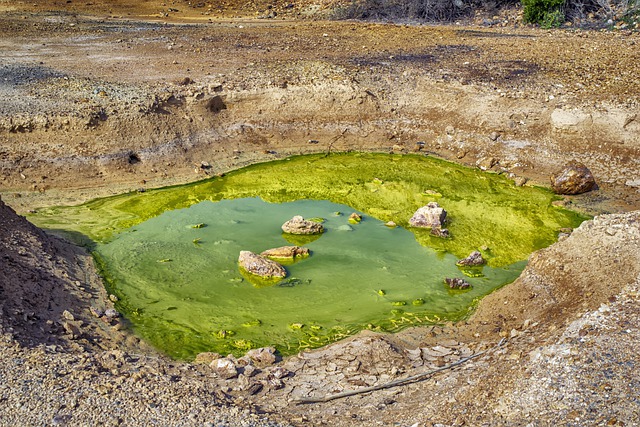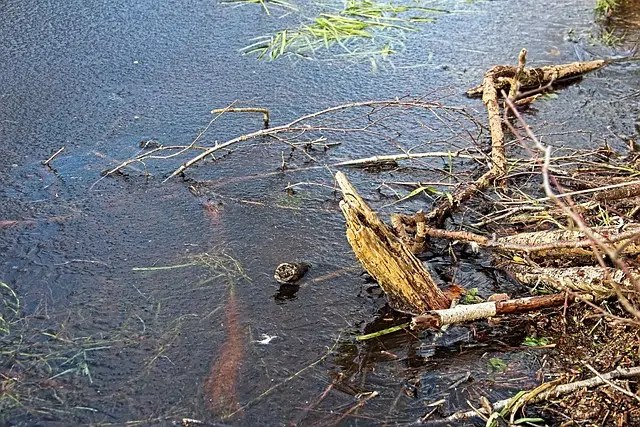
One cause of eutrophication is pollution from industries.
The concept of eutrophication refers to an increase in nutritional substances found in fresh water . This particularity causes an excessive amount of phytoplankton to be generated.
Excess nutrients
When an aquatic ecosystem registers an excessive level of nutrients, eutrophication occurs. Generally, an excess of phosphorus and nitrogen causes algae and cyanobacteria to proliferate, with which the sun's rays cannot pass through the water and photosynthesis beneath it is impossible.
This causes eutrophication to threaten biodiversity , although it also causes biomass growth . Just as there are species that cannot survive due to the phenomenon, certain algae multiply.
Due to eutrophication, oxygen is depleted at the bottom of the pond, river or lake as aerobic activity increases. Thus the environment becomes anoxic and many species that were part of the ecosystem in question no longer have the possibility of continuing to live.
In an advanced instance, the body of water can be transformed into dry land . As the organisms that make up the biomass die, the remains that are not consumed by bacteria and other degraders begin to pile up at the bottom. A river, in this way, can mutate into a swamp with plants.
Causes
It is important to note that eutrophication is caused by different types of pollution . Effluents from cities, inorganic fertilizers used in agriculture and remains from the logging industry can lead to the development of a eutrophication process.
Below we will see a more detailed list of its possible causes:
* fertilizers : in the world of agriculture, the use of nitrogen fertilizers is common, which are used to fertilize crops. The problem is that these filter into the earth and reach both groundwater and rivers;
* animal excrement : livestock farming carries an excessive number of animals in the same area, something that nature would never allow. Farm excrement has a high value of nitrogen , among other nutrients, and its incorrect management can contaminate the nearest waters;
* waste : different substances that we throw away in cities can cause eutrophication, but especially detergents with phosphates;
* industry : just as industrial activity can pollute air and sound, its discharges can pollute water. In this case, both nitrogen and phosphate are dangerous;
* emissions into the atmosphere : acid rain that can cause emissions of oxides into the atmosphere (especially sulfur and nitrogen), lead nutrients to the water of rivers and other masses;
* forest exploitation : human activity in forests produces waste that is not always collected properly. When these reach the water, they degrade and release the nutrients of the plant to which they belonged.

Forest residues can also cause eutrophication
Consequences
Above we mentioned some of the consequences of eutrophication, in particular the impossibility of continuing to live for certain aquatic species and the death of a body of water to become a space of land. Another phenomenon that arises from this excess of nutrients is the abundant growth of certain organisms and plants that consume a lot of oxygen and, when decomposed, leave behind too much residual organic matter.
The effect of eutrophication on water quality is clearly negative, since it depletes its oxygen and its decomposing matter generates an unbearable odor for people. This can lead to lung problems for those who live in nearby areas, but also to a decrease in tourism or real estate development.
